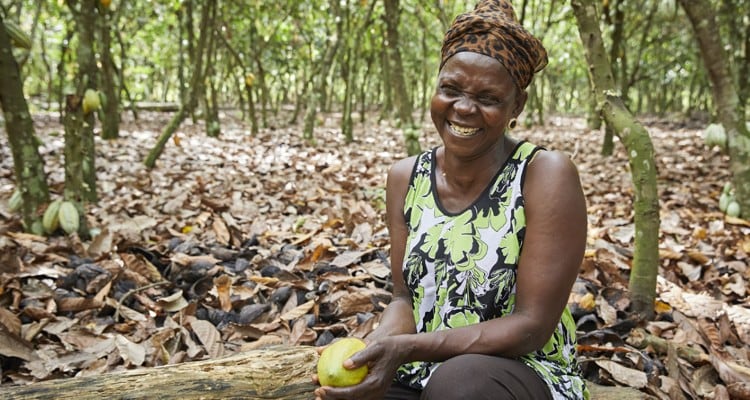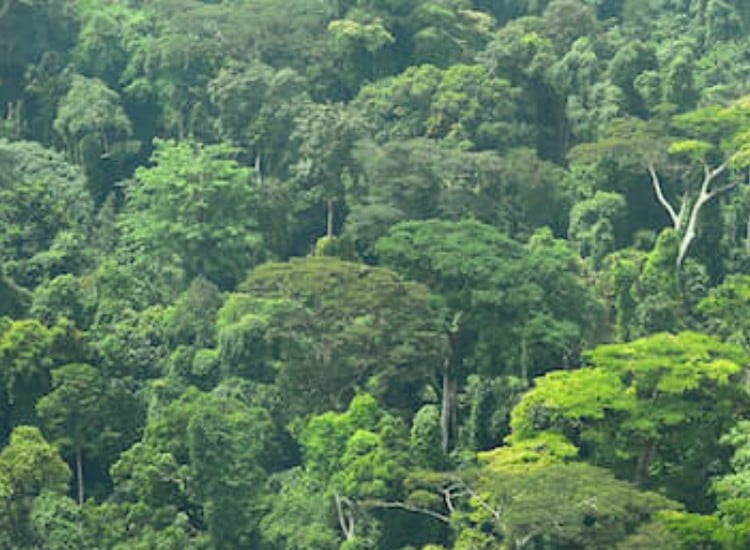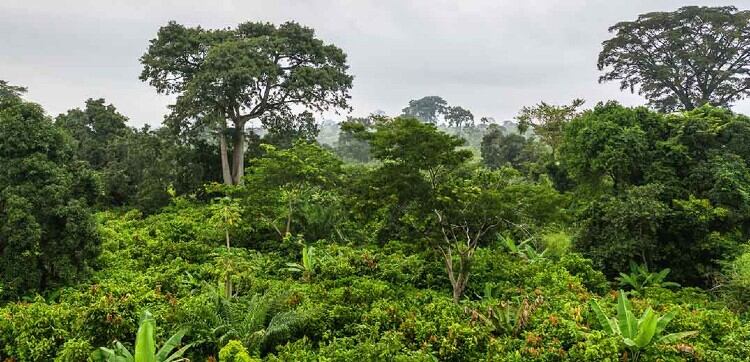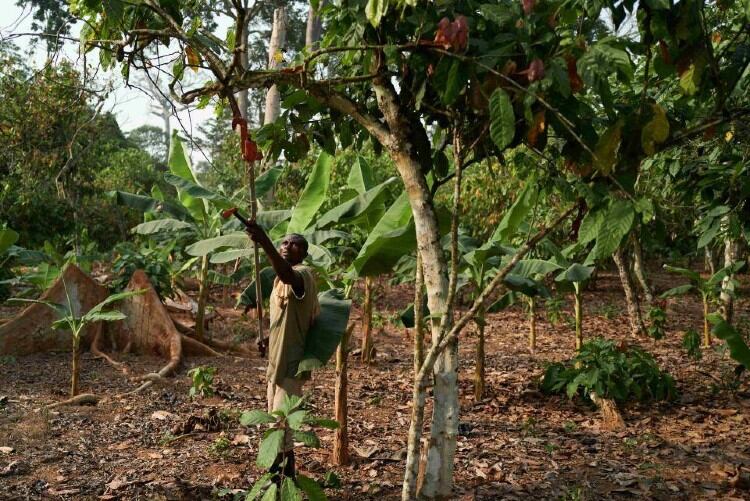The cocoa supplier said it is seeing positive results from its work with the CFI, highlighted in its Annual CFI Progress Report.
It said progress achieved with the CFI over the last year regarding the aim to end deforestation in the cocoa supply chain includes the distribution and plant forest and fruit trees in Cote d’Ivoire and Ghana.
“We have trained farmers in agronomy and agroforestry to help them improve yields through their existing land. And we have supported farming communities through skills training, child labour monitoring and remediation, and Village Loan and Savings Associations,” the OFI said.
Deforestation
A recent report by the UN Convention on Biological Diversity found the rate of forest loss from 2018 to 2019 in Cote d’Ivoire and Ghana has halved.
But the OFI warns: “Never has the need for action been more pressing. The impact of climate change and biodiversity loss is becoming ever clearer in every aspect of our lives. There is still much more to do and, in this year of climate action, now is the moment to build on our progress in reversing forest loss and degradation in the cocoa supply chain.”
Social inclusion
The company said it has continued to support community engagement and social inclusion projects that aim to economically empower members of cocoa farming communities.
Regarding the COVID-19 pandemic, the OFI said it helped farming communities to respond to the threat by donating over 55,000 face masks and over 13,000 bottles of hand sanitiser across Ghana and Cote d’Ivoire, constructing over 2,000 washing stations, and distributing vital public health information.
Its Village Savings and Loan Associations (VSLAs), which give women access to funding to start their own microbusinesses and diversify their families’ income, has seen 5,794 women benefit across 43 cocoa growing communities.
“In Ghana, we recently trained 50 women from cocoa growing communities in Twifo Praso on how to produce and market products like soap, shower gel and hand sanitiser. Not only will this help to improve access to hygiene products and help to limit the spread of Covid-19, but it will also give the women an additional source of income to help them provide for their families,” the OFI said in its report.
Child labour
To combat the issues of child labour and ensure children of cocoa farmers have access to education, the OFI said it has been working with customers, partners, farmer groups and communities to deliver tailored programmes that put children first.
“A vital piece of the puzzle has been achieving child labour monitoring in all our managed programmes. With training and the help of a smartphone, community leads now collect detailed social data on communities and individual farming households, helping us to identify children at risk and tailor our interventions based on the issues identified,” it claimed.
Writing in a blog to go with the release of the CFI report, Andrew Brooks, Head of Cocoa Sustainability, said: “To create a sustainable future for cocoa, forests are vital. Not only do they help to improve biodiversity and mitigate against climate change, they also help to improve cocoa yields and raise farmer incomes. By improving tree cover on their farms, cocoa farmers can increase the yields and life expectancy of their cocoa trees, as well as generate additional income from more diverse crops.”




